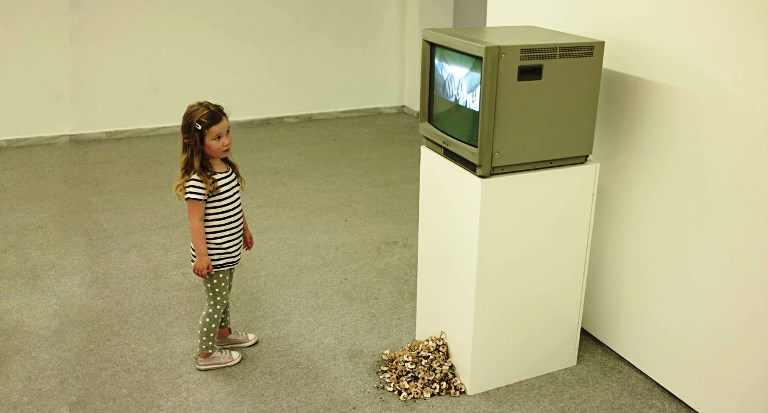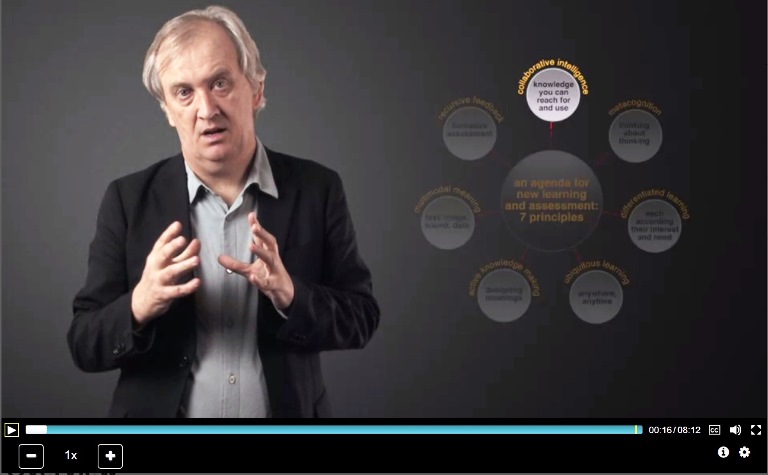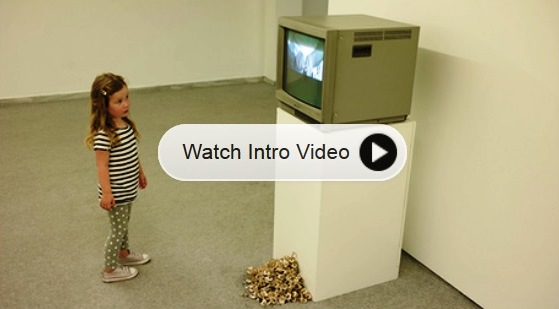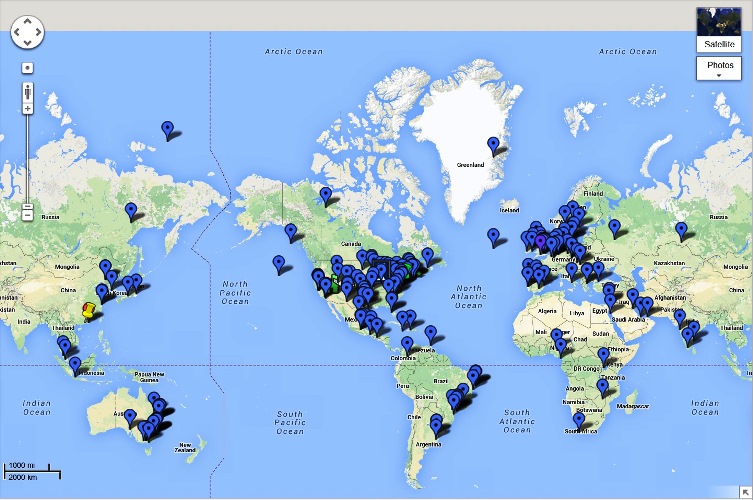College's 1st MOOC highlights importance of digital technology in education
by Sal Nudo / Aug 7, 2014

 Advanced digital technology can be a game-changer in education. The key is to use it in an innovative way.
Advanced digital technology can be a game-changer in education. The key is to use it in an innovative way.
That’s the overriding theme conveyed by Bill Cope and Mary Kalantzis in the College of Education’s first massive open online course (MOOC) from Coursera, e-Learning Ecologies.
“What we’re interested in is the use of technology in innovative ways,” Cope said in the course’s “Overview” video.
Cope, a professor in the Department of Education Policy, Organization and Leadership, said the time-tested pedagogy of students showing up at a lecture class (now an online video), listening to the talk, and later taking a multiple-choice test is an education model that doesn’t do justice to the full breadth of online technology.
“One of the things we’re exploring in e-Learning Ecologies is what we can do to create more active engagement on the part of learners,” said Cope. “What can position learners not just as people remembering things but people who become knowledge producers and share that knowledge amongst colleagues. We think there is incredible potential with technology to create much more actively engaged, participating learners, and sometimes those opportunities are lost when we just replicate old-fashioned kinds of ideas about learning.”
 The eight-week class requires one to 10 hours of work by students weekly, depending on the level of study enrollees select. At its most advanced, e-Learning Ecologies requires students to watch the videoed lectures by Cope and Kalantzis, comment on and create posts, develop a case study, and peer-review case studies done by three fellow students.
The eight-week class requires one to 10 hours of work by students weekly, depending on the level of study enrollees select. At its most advanced, e-Learning Ecologies requires students to watch the videoed lectures by Cope and Kalantzis, comment on and create posts, develop a case study, and peer-review case studies done by three fellow students.
Both instructors stay abreast of the many discussion posts and interact daily with students, posting their own comments within forums and providing useful feeds to videos, blogs, and social media.
Though the future of MOOCs is still evolving, Kalantzis, a professor in Curriculum and Instruction and Dean of the College, said the hands-on experience she’s acquired by teaching e-Learning Ecologies has been helpful for research efforts.
“For us, as researchers, it’s crucial to be practicing in the space that we’re researching and to fully understand how a MOOC operates as a new kind of educational space,” she said. “It helps to actually be doing them, to have a real knowledge about the value of them.”
Cope said that staying engaged in the changing world of education will benefit current and future students of the College. Several doctoral and postdoctoral students in the College are assisting Cope and Kalantzis with MOOC research.
“We’re using the research data to reflect systematically on what the nature of learning is in these kinds of environments, both the strengths and the weaknesses,” he said.
 Strengths in the eyes of students partaking in e-Learning Ecologies so far has been the quality of the video lectures, which have generated numerous positive comments by some of the more than 6,000 people who have signed up for the course. Posted threads from those taking the course can be seen from India, Italy, Australia, Israel, Canada, Africa, and the U.S.—in fact, a total of 151 countries.
Strengths in the eyes of students partaking in e-Learning Ecologies so far has been the quality of the video lectures, which have generated numerous positive comments by some of the more than 6,000 people who have signed up for the course. Posted threads from those taking the course can be seen from India, Italy, Australia, Israel, Canada, Africa, and the U.S.—in fact, a total of 151 countries.
A beneficial aspect of MOOCs in general, according to Cope, is that underserved people from developing countries can sign up for quality classes for free—one third of participants are in developing countries.
“This is an opportunity to interact with educators that they wouldn’t be able to afford or imagine doing if it weren’t for these MOOC offerings,” he said.
The second MOOC offering from the College, “Race and Cultural Diversity in American Life,” will be taught this fall by Professor James D. Anderson.
Discover the campus’s exciting phase into higher education delivery and availability at MOOCs @ Illinois.
Go beyond MOOCs to discover a wealth of online education opportunities at the College of Education.